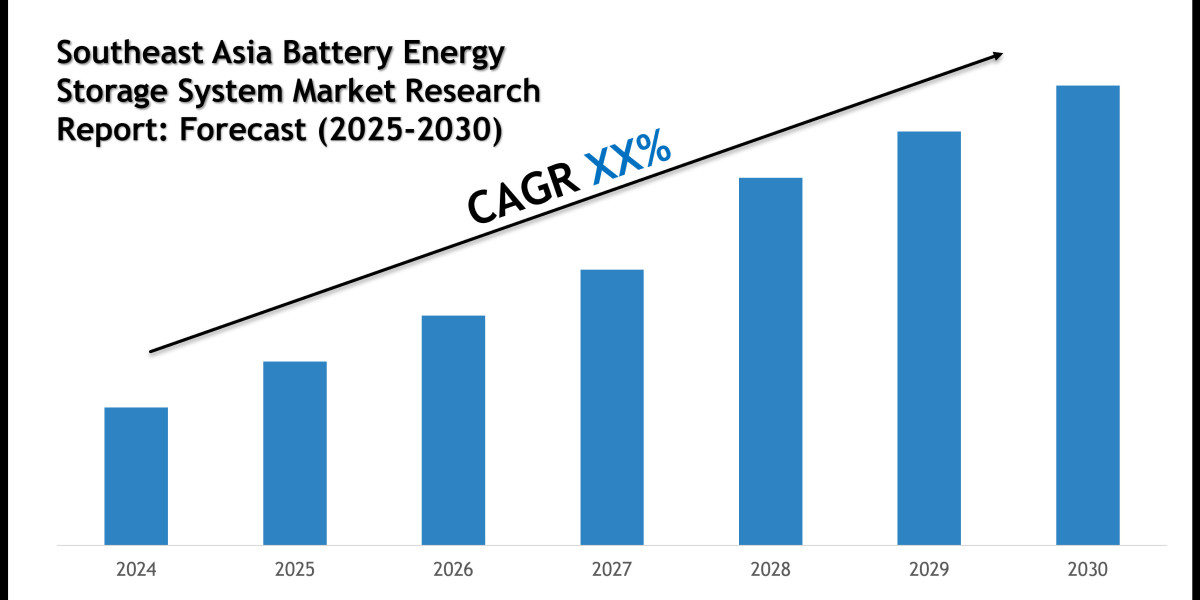Reintegrating into civilian life can be a challenging journey for many veterans. From managing physical injuries to coping with mental health issues such as PTSD, substance use, or depression, the transition often calls for strong support systems. Fortunately, Southern California offers a range of resources dedicated to helping veterans heal and thrive—including specialized rehab facilities and outpatient services.
This guide offers a practical overview of how veteran rehab centers and outpatient programs can support recovery and stability, with a closer look at notable options like the Laguna Hills veterans clinic and Santa Ana veterans clinic.
Understanding Veteran Rehab Facilities
Veteran rehab centers provide targeted care tailored to the unique experiences of military service members. These facilities focus on both physical and emotional recovery, creating a structured environment where veterans can work on healing with the help of trained professionals.
Key Features of Veteran Rehab Facilities
Medical Detox and Inpatient Treatment: For veterans facing substance use challenges, rehab centers offer supervised detox and intensive inpatient programs.
Therapy and Counseling: Licensed counselors provide individual and group therapy sessions to help veterans manage trauma, anxiety, or depression.
Occupational Rehabilitation: Programs help veterans regain employment skills and reintegrate into the workforce.
Peer Support: Connecting with other veterans who share similar experiences often fosters emotional healing and a sense of belonging.
Facilities in Southern California are often linked with VA resources, allowing veterans to access rehab services using their benefits.
The Role of Supportive Outpatient Programs
Not all veterans need full-time inpatient rehab. Many benefit from outpatient services that allow them to receive treatment while continuing with their daily lives. A Supportive Outpatient Program (SOP) offers a middle ground between weekly therapy and inpatient care.
Benefits of Outpatient Services for Veterans
Flexible Scheduling: SOPs typically run during morning or evening hours, making it easier for veterans with family or work commitments to attend.
Consistent Therapy Access: Veterans meet regularly with therapists, case managers, and support groups.
Skills Training: Programs often teach stress management, emotional regulation, and communication strategies.
Relapse Prevention: For veterans recovering from addiction, outpatient programs provide tools and accountability to prevent setbacks.
Both the Santa Ana veterans clinic and Laguna Hills veterans clinic refer veterans to or directly provide these kinds of outpatient services, depending on eligibility and need.
Highlight: Laguna Hills Veterans Clinic
The Laguna Hills veterans clinic offers a welcoming environment where veterans can receive a wide range of health services. Known for its patient-centered approach, this clinic provides:
Mental health evaluations and ongoing care
Access to SOP referrals and follow-ups
Primary care and wellness checks
Pain management and physical therapy
Easy connection to specialty services within the VA system
It also serves as a vital entry point for those looking to explore rehab and outpatient options in Orange County.
Highlight: Santa Ana Veterans Clinic
The Santa Ana veterans clinic has earned a reputation for offering robust mental health support and outpatient treatment services. It plays a vital role in the local VA healthcare system, offering:
Psychiatric assessments and medication management
Access to counseling for PTSD, grief, and trauma
Substance use disorder treatment and referrals
Group therapy and peer support programs
Chronic illness care coordination
The clinic works closely with other regional facilities to ensure that veterans receive comprehensive, seamless care that aligns with their long-term recovery goals.
Choosing the Right Program: What to Consider
When selecting a rehab or outpatient service, veterans and their families should evaluate several important factors to ensure the best fit.
Factors to Keep in Mind:
Treatment Scope: Does the program address both mental and physical health needs?
VA Benefits Compatibility: Can the facility or service be covered through VA health benefits?
Location & Transportation: Is the clinic easy to reach for ongoing care?
Veteran-Specific Support: Are there services tailored specifically for military trauma or reintegration?
Follow-Up Services: Does the program offer long-term care planning and support?
Facilities such as the Laguna Hills veterans clinic and Santa Ana veterans clinic often help veterans and families navigate these choices through in-person consultations and referrals.
Resources for Veterans in Southern California
In addition to rehab centers and outpatient clinics, veterans can access support through:
VA Medical Centers in Long Beach and Loma Linda
Peer-led veteran groups offering mentorship and emotional support
Local nonprofits providing housing, job training, and advocacy
Veteran Crisis Lines and mobile mental health units
Many of these services work in coordination with VA clinics to provide a full spectrum of care that fits each veteran’s life stage and recovery path.
Conclusion
Navigating recovery as a veteran can be challenging, but Southern California offers a strong network of rehab facilities and outpatient programs designed to meet those needs with compassion and expertise. Whether you're seeking comprehensive inpatient support or flexible outpatient treatment, clinics like the Laguna Hills veterans clinic and Santa Ana veterans clinic are ready to help guide the journey forward.
By choosing the right path—based on personalized needs and informed decisions—veterans can reclaim control, build resilience, and achieve long-term wellness in both mind and body.







